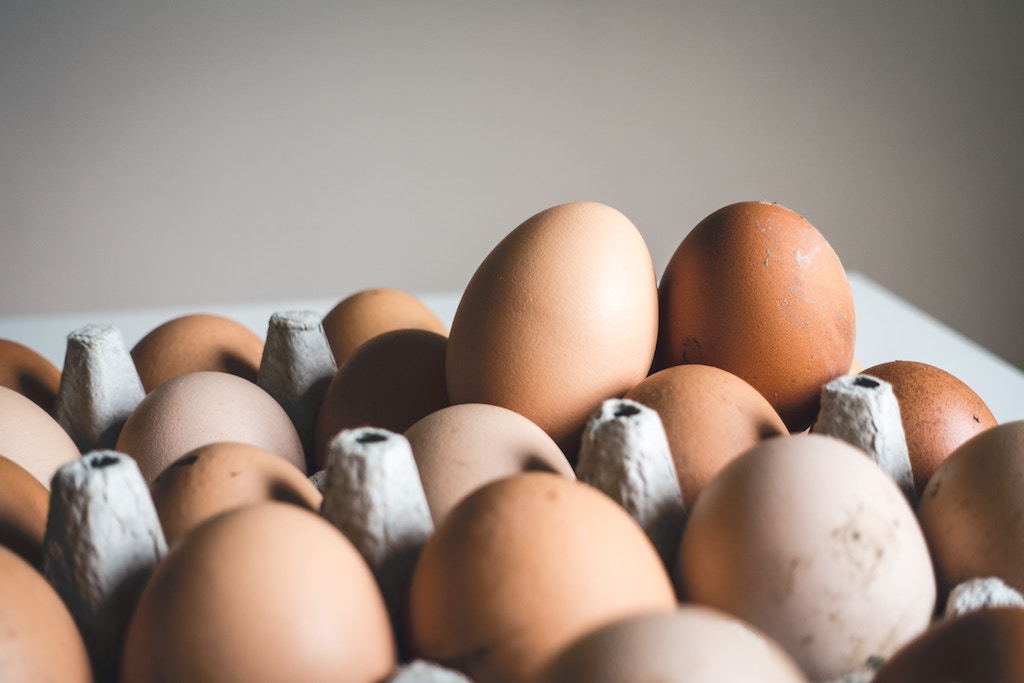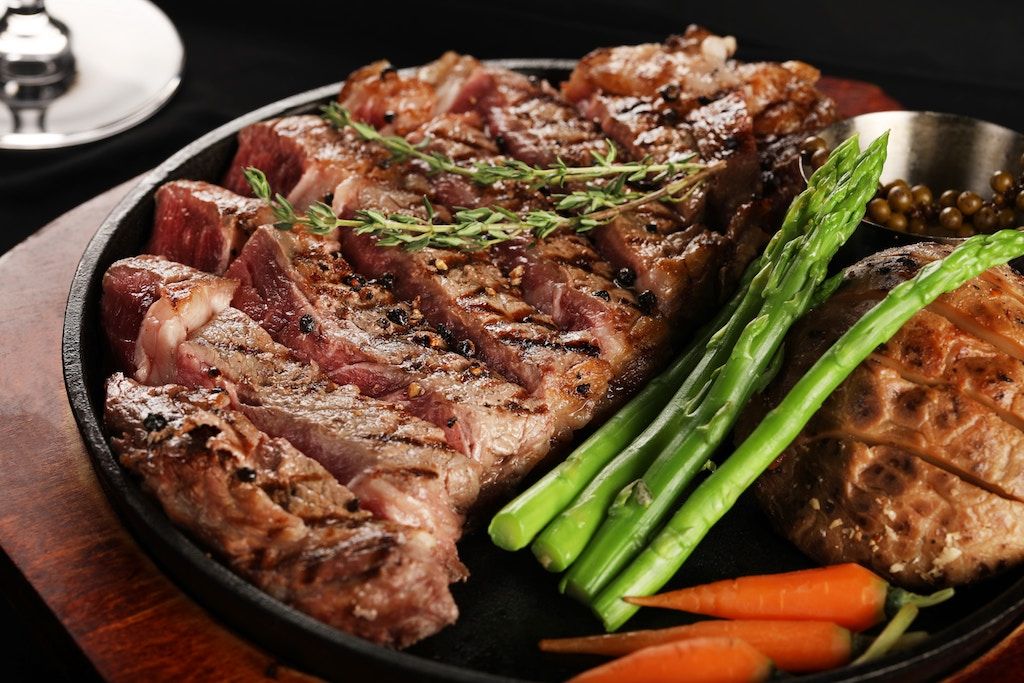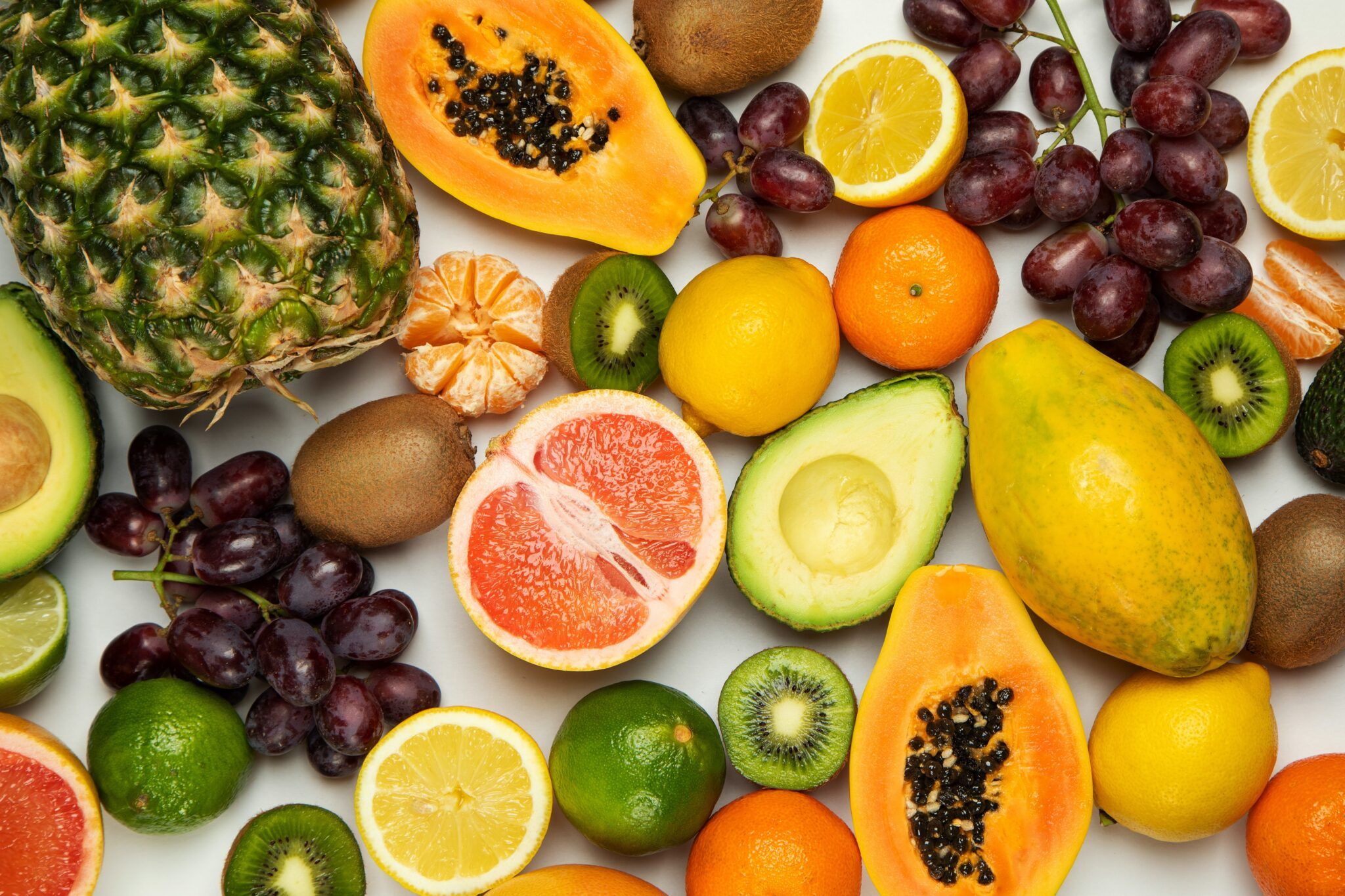Let’s clarify some concepts before starting:
What is a calorie?
Calorie is a unit of energy. The energy contained in food is expressed as calories.
How are the calories in food calculated?
This measurement is made in laboratories, through instruments called calorimeters.
Basically inside the calorimeter the food is burned and the energy released in the combustion is measured.
What is the theory of the energetic balance?
It is the dogma that has dominated the explanation about how we gain weight and how we lose weight.
It is an equation determined by the energy that enters our body (calories that enter: what we eat) and the energy that comes out (calories that come out: exercise, basal metabolism and other energy costs)
According to the theory if there is a positive balance, excess calories, we gain weight; if there is a negative balance, caloric deficit, we lose weight; if the balance is neutral we keep the same weight.
Does everything sound easy and simple? This sound so simple, that one can not explain why the battle against obesity is lost and epidemiological estimates indicate that by 2020 this health problem will overflow even more!
If the problem is the calories, wouldn’t you think that with the avalanche of zero calories or light food, the whole problem would be solved?
COUNTING CALORIES IS INACCURATE
Surely you have heard that 1 gr of protein has 4 kcal (calories), 1 gr of carbohydrate has 4 kcal and 1 gr of fat has 9 kcal
Well, these numbers are only approximations, because not all carbohydrates have the same amount of energy. For example monosaccharides have 3.75 kCal x gr, while disaccharides have 3.95 kCal and polysaccharides 4.15 kCal.
Nor do all fats have the same value, for example the fat in cow’s milk has 9.19 kCal x 1 gr, while the fat of the mother’s milk has 9.37 kCal and with the proteins is happens exactly the same
Did you know that in the nutritional labeling the value corresponding to the calories of a product has a margin of error of 20%. This means that if a food that claims to have 100 kCal, then it can really have 120 kcal or it could have only 80 kcal
Did you know that the way you cook food also adds calories to what you eat? that is, adding heat also adds energy, so the energy of a raw food is less than when you cook it.
Did you know that we don’t know exactly how many of those calories that we eat go into our body’s energy component?.
Many of those calories simply end up in our urine or fecal matter, or end up being expelled through breathing and others end up being eaten not by us but by our intestinal bacteria.
So with these last 4 points you can see how difficult it is to calculate how many calories you give your body in what you eat.
And also how many of those calories actually enter your metabolism, making all those formulas used to calculate the energy you eat and spend is completely inaccurate and inaccurate.
What should we do then?
Stop counting calories as a parameter of healthy nutrition, focus on the quality of food and think about how food relates to your hormones.
Remember that calories are energy, that energy is used by our body to perform multiple functions, within these functions are:
- Produce heat
- Make the heart beat – Keep the pressure in our blood vessels
- Brain and cognitive functioning
- Locomotion and movement
- Tissue formation (skin, nails, hair)
- Muscle contraction
- To allow the colon, kidneys, liver, lungs and all organs to work
- And many more functions
Calories that come in and come out
The calories that come in and those that come out are married. You can not modify the calories that go in without also affecting the calories that come out. If you decrease the amount of energy you eat, you also decrease the energy that you spend.
The body will always try to save energy for vital functions. So if there is no energy because you are on an absurd low calorie diet, guess what the body has to do? It will sacrifice non-vital systems to preserve energy.
So without energy:
- You will no longer be able to produce heat, so you will remain cold all the time, your heart will not be working with the same strength, so your heart rate could slow down
- The pressure of your arteries will descend, so you can faint easily.
- Your muscles are also sacrificed so you will feel more fatigued
- Remember that your kidneys and liver detoxify, if they do not have energy they can not do their function very well either
- You will not be able to form tissues properly, your nails and hair will look bad
- Your brain is going to be half functioning, so it’s likely that you will not concentrate or be irritable all day.
The worst part, is that once the metabolic expenses are modified, they take many months and sometimes more than a year, to return to normal values.
For this reason low calorie diets make you lose weight fast, but they compromise your metabolism a lot. And once you give up the diet, as your body is already used to spending a little, just after eating normally you gain weight absurdly.
Although calories are part of the equation to beat the battle against obesity and excess body fat, it is perhaps the least relevant detail of the problem.
In summary
1. We still do not know very well how our body handles calories, neither those that enter nor those that come out. In this area we are very ignorant and we still apply concepts of thermodynamics that can not be extrapolated to a biological system as complex as ours.
2. Although food has energy in the form of calories, curiously in our body there is no calorie receptor, however, we have a lot of receptors for hormones, neurotransmitters, enzymes, etc.
We also have brain regions that focus on our body fat reserves, generating responses to avoid having more than we need or less than what is required to live
3. Living a life just looking and counting calories has led people to prefer to eat processed foods of 50 calories and stop eating a couple of eggs because they provide 150 calories. In the first case you are eating things that do not nourish you, and that generate a very altered response of your hormones and in the second case you are eating quality nutrients and your hormones will do the right thing.
So instead of focusing on the calories, you should rather ask the following when you are eating:
- Does this nourish me?
- Is this natural or artificial?
- Does it have quality nutrients?
- How do these foods affect my hormones?
- Will they leave me satiated?
That’s the really important thing with what you decide to eat.
Make smart decisions, prioritize that your food is real and gives you nutrients.
Obesity is not a problem of calories, it is a bad function of our organisms caused generally by bad eating habits.
If you want to stop counting calories, eat nutritious foods that help your hormones, but you have doubts about how to get started, I invite you to do so gradually. And for this you can start with a simple 14-day plan.
My Low-Carb Jumpstart Program is open NOW, and it will give you an idea of how to start in a low-carb diet without counting calories.
Join the program TODAY by clicking on the image below.
Love And Wellness,







